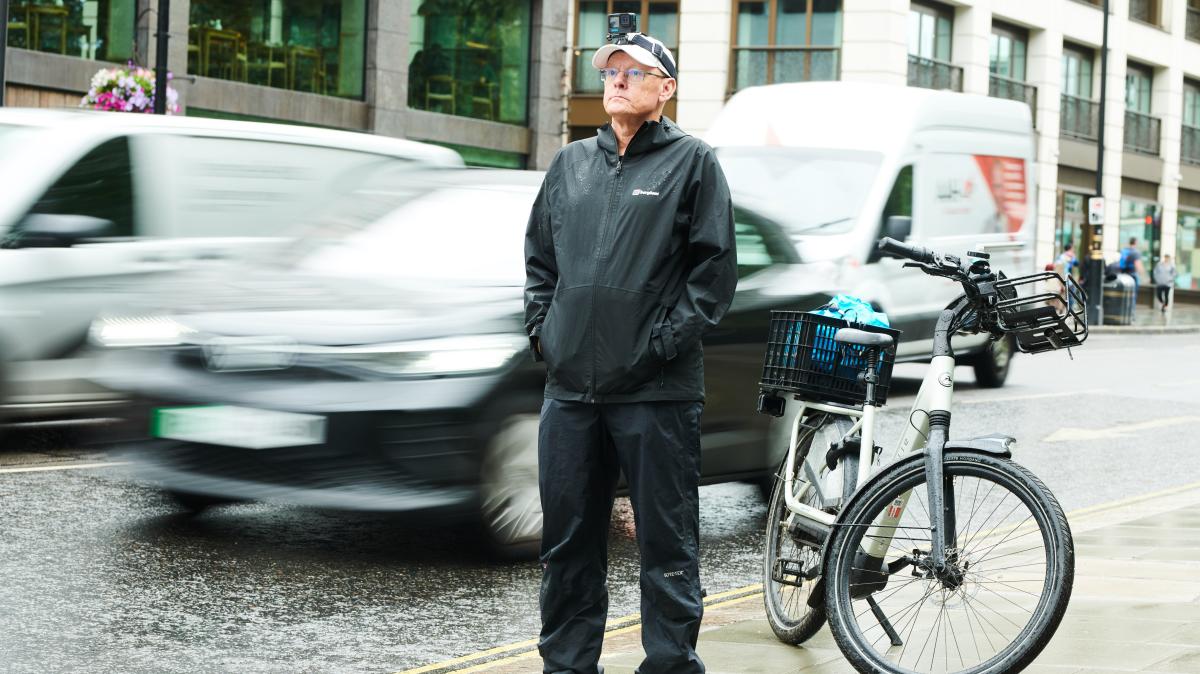“In four years Mike van Erp has filmed 1,400 drivers using their phones, leading to 1,800 penalty points, £110,000 of fines — and him being assaulted by disgruntled motorists. Is he a road safety hero or just a darned nuisance? Nick Rufford joins him on patrol”
I’ve watched a few of his videos. I should be surprised that he catches so many drivers in their phones, but in and around London? Not surprised at all.



You got a source for this bit of rhetoric?
Edit
TL;DR of the responses is that they do not indeed have a source that verifies this. Colour me shocked.
https://www.cps.gov.uk/legal-guidance/road-traffic-mobile-phones
Maybe you should have included the entire quotation:
I’ve bolded the parts you accidentally skipped when quoting, maybe next time quote a source that isn’t disagreeing with you?
Unlikely doesn’t mean it can’t happen. It also says “exceptional circumstances”. That’s two caveats that explicitly confirm that they can do EXACTLY what I wrote, if it suits them.
Perhaps you should read the case law you’re quoting, because the exceptional circumstances are quite well laid out.
Very clearly I have read it more carefully than you have, considering you’re continuing to misunderstand it.
Are you deflecting to arguing minutiae because you’re unable to refute my actual argument?
If you had actually read it, you’d understand that the extenuating circumstances (aka suspicion of drink driving) are what makes those decisions exceptional.
If you had actually any understanding of case law, you’d know to read the full decisions.
But since you’re clearly just perpetuating nonsense, I myself will discontinue arguing with it.
I have read it. I have also read several cases which cite it. Citations of legal precedent aren’t specific, they don’t have to have the original circumstances in common with the original case to use it as a precedent. Any ruling made in such a case can be used as precedent, for example, in British Pregnancy Advocacy Service v Secretary of State for Health and Social Care 2019, Pinner v Everett was cited in reference to how the phrase “first day of the pregnancy” should be interpreted, because Pinner v Everett contains precedent about how natural language should be interpreted.
It is completely understandable that you don’t know how legal precedent works, but I’d politely suggest that you should avoid getting into arguments about it on the internet, at least not without properly learning more about it first.